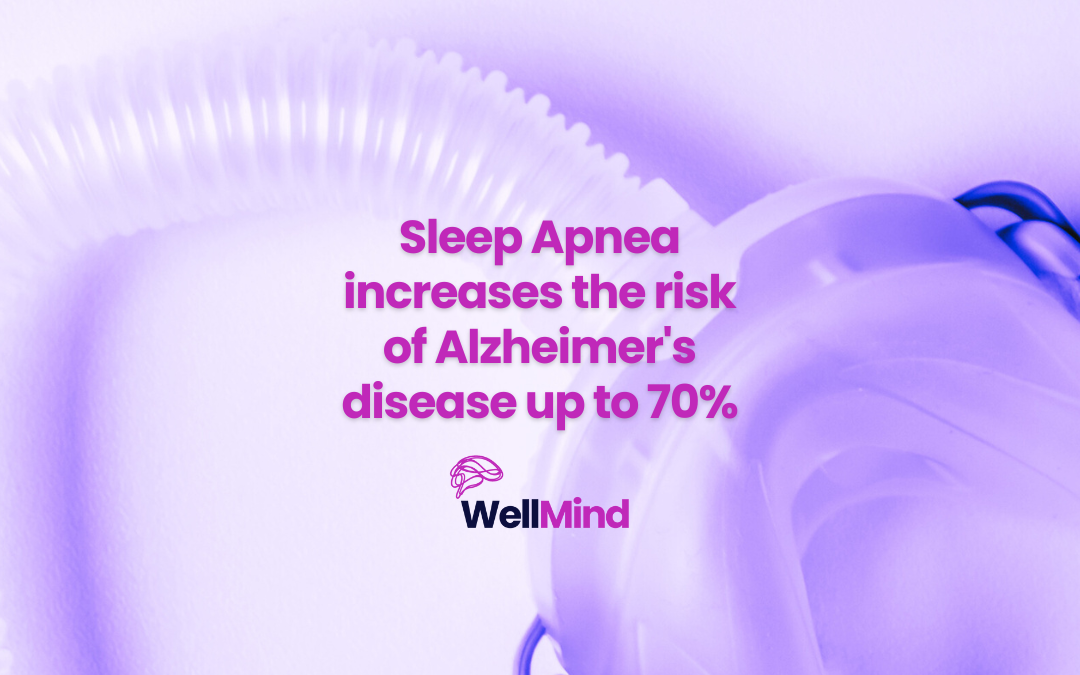Caring for a loved one with Alzheimer’s disease at home presents unique challenges and rewards. Understanding the complexities of Alzheimer’s, maintaining self-care, and applying effective communication strategies are crucial to managing this journey. This comprehensive guide is designed to help Alzheimer’s caregivers navigate the process with compassion and effectiveness.
What Is Alzheimer’s Disease?
Alzheimer’s disease is the most common cause of dementia, leading to progressive cognitive decline that affects memory, thinking, and the ability to perform everyday tasks. This condition arises due to the buildup of amyloid plaques and tau tangles in the brain, which interfere with normal brain function. Although Alzheimer’s primarily affects people over 65, it can occur at an earlier age. Unfortunately, there is currently no cure for Alzheimer’s disease, making effective management and support critical for maintaining the quality of life for those affected.
Other forms of dementia include vascular dementia, Lewy body dementia, and frontotemporal dementia, but Alzheimer’s disease remains the most prevalent. As an Alzheimer’s caregiver, understanding the progression of the disease is vital for providing the best possible care.
Why Is Home Care for Alzheimer’s Disease on the Rise?
In recent years, caring for a loved one with Alzheimer’s disease at home has become increasingly common. This shift is driven by several factors. Firstly, the comfort and familiarity of a home environment can provide emotional support and stability for those with Alzheimer’s. Secondly, home care allows for personalized routines and environments tailored to the individual’s specific needs, fostering a sense of control and normalcy. Additionally, home care can be more cost-effective compared to institutional settings, making it a viable option for many families. With advancements in technology and the growing availability of home care services, managing Alzheimer’s care at home has become more feasible. In the United States, approximately 70% of the 6 million people living with dementia, many of whom have Alzheimer’s disease, are cared for at home, equating to around 4.2 million individuals.
What Is the Emotional Impact on Alzheimer’s Caregivers?
Caring for someone with Alzheimer’s disease is often emotionally demanding. The constant need for attentive care, managing unpredictable behavior, and coping with changes in personality and mood can be overwhelming. As the condition progresses, Alzheimer’s caregivers may struggle with the gradual decline of the person they once knew, leading to feelings of stress and frustration. Personality changes in people with Alzheimer’s can include:
- Increased agitation and confusion
- Apathy, depression, and mood swings
- Impulsiveness, repetitiveness, and increased dependency
These challenges can take a toll on Alzheimer’s caregivers’ emotional well-being, making self-care essential.
How Can Alzheimer’s Caregivers Prioritize Self-Care?
As an Alzheimer’s caregiver, prioritizing your well-being is crucial to sustaining the ability to care for your loved one effectively. Setting clear boundaries can help prevent burnout by establishing limits on caregiving duties. It’s essential to schedule regular breaks to rest and recharge, as well as to seek support from others, whether through support groups or counseling. Staying active through regular physical activity and maintaining a healthy diet are vital for keeping your energy levels up and supporting both your physical and mental health.
Ensure you get enough sleep and practice stress management techniques like meditation, deep breathing, or yoga. Staying socially connected with friends and family helps avoid the isolation that often accompanies caregiving. Engaging in hobbies and activities you enjoy can provide a sense of balance and fulfillment. Additionally, utilizing respite care services offers temporary relief, allowing you to take time off from caregiving responsibilities. Keeping track of your finances and seeking advice if needed ensures that financial concerns don’t add to your stress. Finally, staying informed about Alzheimer’s disease helps you manage caregiving challenges more effectively, giving you the tools to navigate difficult situations with confidence.
To support your well-being, consider the following self-care practices:
- Physical Health: Regular exercise, a balanced diet, and sufficient sleep.
- Mental Health: Stress management techniques, social connections, and hobbies.
What Are Effective Communication Strategies for Alzheimer’s Caregivers?
Communicating with someone with Alzheimer’s disease requires patience, empathy, and a strategic approach. Instead of forcing participation, try to encourage it gently. Redirect their attention rather than engaging in arguments or trying to reason with them. When faced with challenging behaviors, distraction can be a useful tool, allowing you to shift focus without causing embarrassment. Agreeing with them, even if their statements are inaccurate, can help avoid conflict, while offering support without belittling their abilities fosters a positive environment.
It’s important for Alzheimer’s caregivers to make requests rather than demands, promoting cooperation rather than resistance. Reassuring them, rather than lecturing, provides comfort without overwhelming them with explanations. Focus on what they can do, encouraging their abilities instead of highlighting limitations. When repeating information, do so with patience, avoiding the frustration that can come with saying “I already told you.” Similarly, reminisce in a way that feels natural, without putting pressure on them to remember specific details.
To enhance communication with your loved one, remember these key points:
- Encourage, Never Force: Promote participation without making demands.
- Divert, Never Reason: Redirect attention rather than engaging in arguments.
Above all, maintain a sense of humor and don’t take things personally. A light-hearted approach and resilience can help you manage the emotional challenges of caregiving, creating a positive environment for both you and your loved one.
By applying these guidelines, Alzheimer’s caregivers can navigate the complexities of caregiving with compassion and effectiveness, ensuring that both they and their loved one with Alzheimer’s disease are supported and cared for throughout this journey.
As you continue on your journey as an Alzheimer’s caregiver, it’s important to stay informed and proactive in managing your loved one’s health. Understanding the risks and getting ahead of the condition can make a significant difference in care strategies. To gain deeper insights into Alzheimer’s and take control of your loved one’s future, consider exploring WellMind and GenoRisk Alzheimer’s tests. These advanced tests provide valuable information about genetic risks and potential disease progression, empowering you to make informed decisions. You can conveniently order these tests online, giving you access to crucial information that can guide your caregiving approach. Learn more about how these tools can help you and your loved one navigate the challenges of Alzheimer’s disease with confidence.






